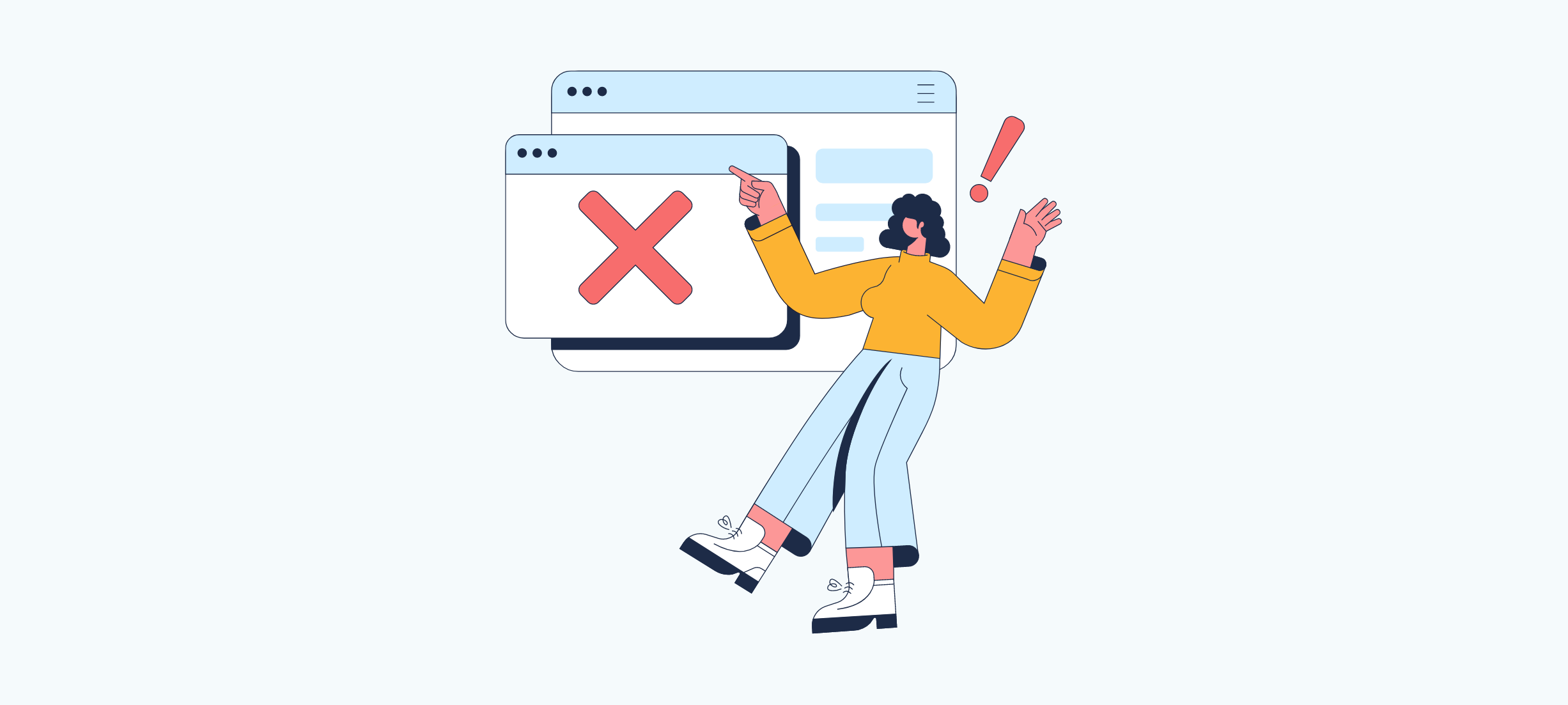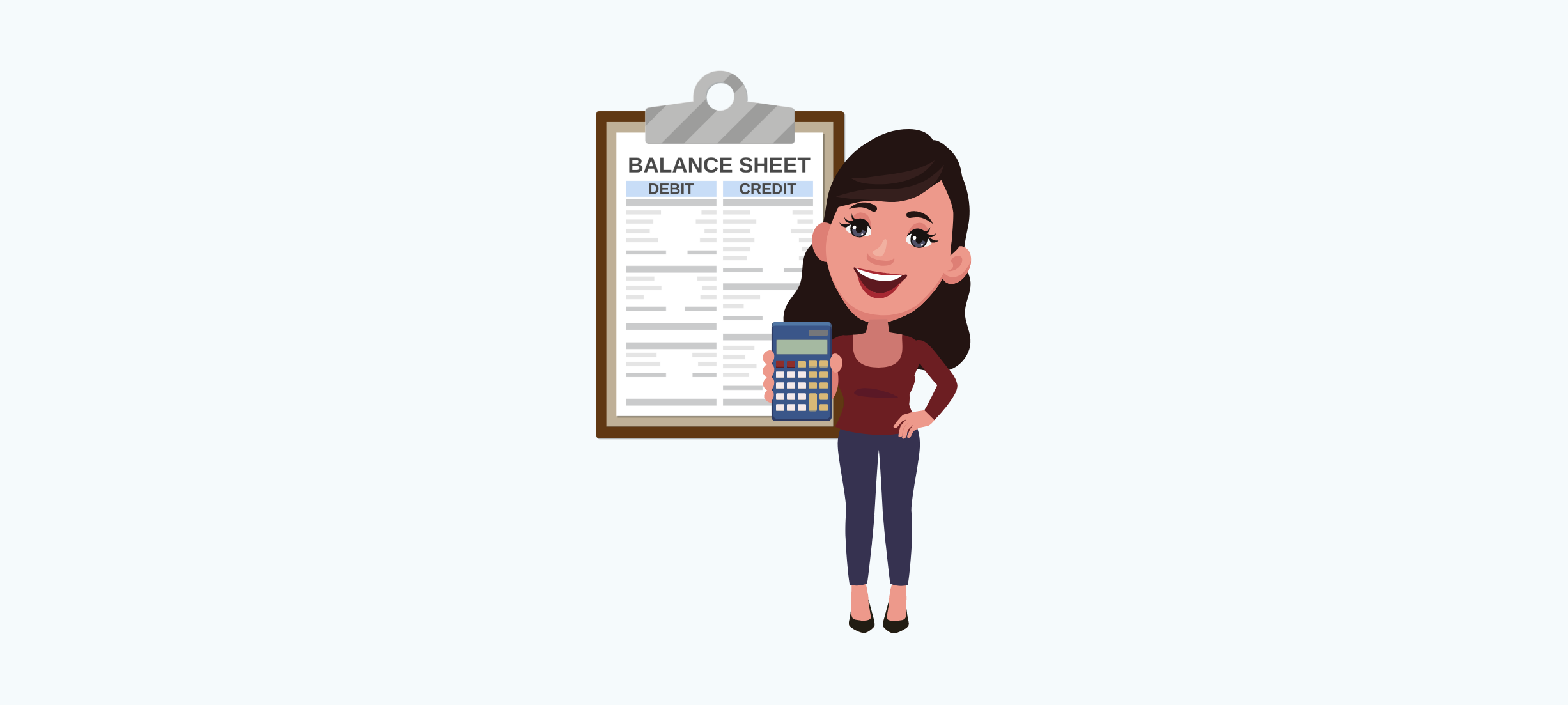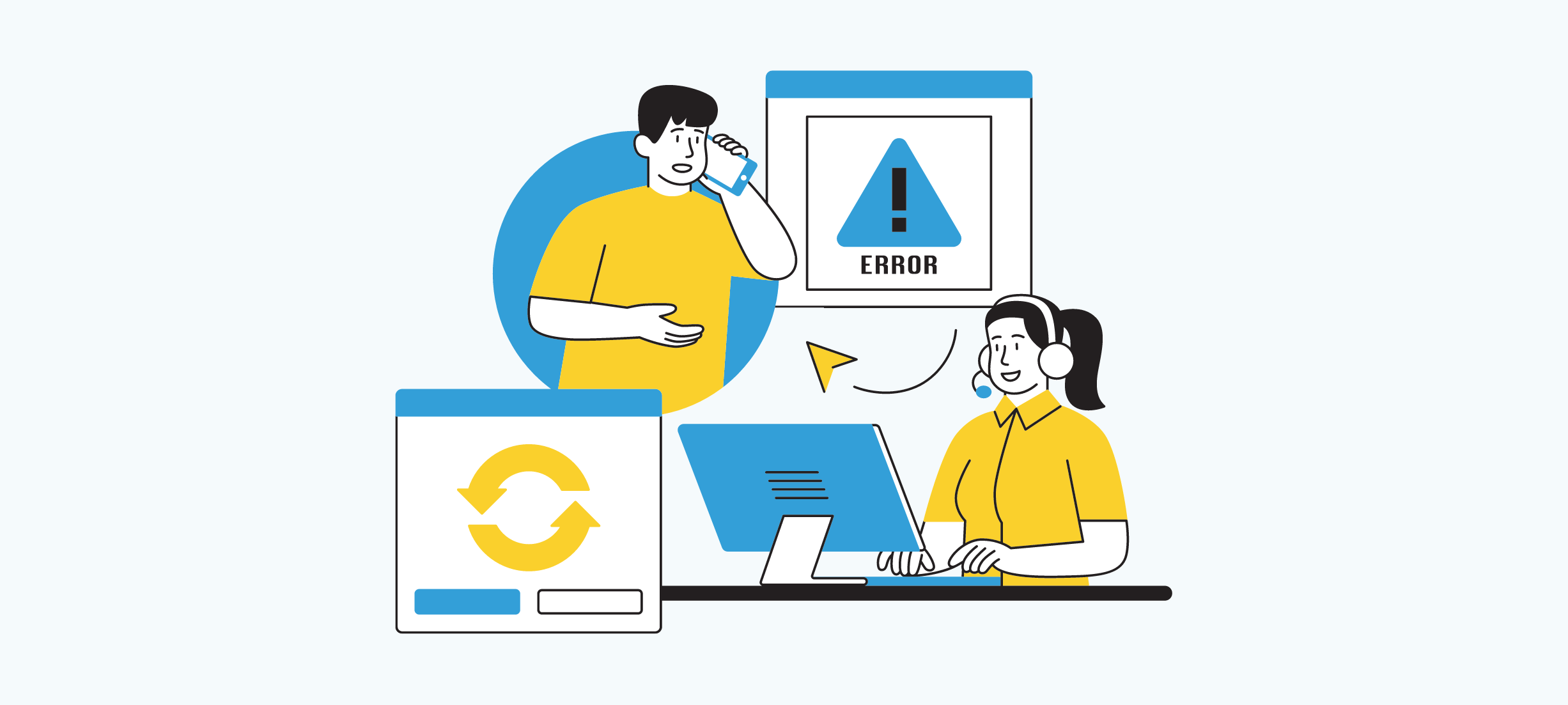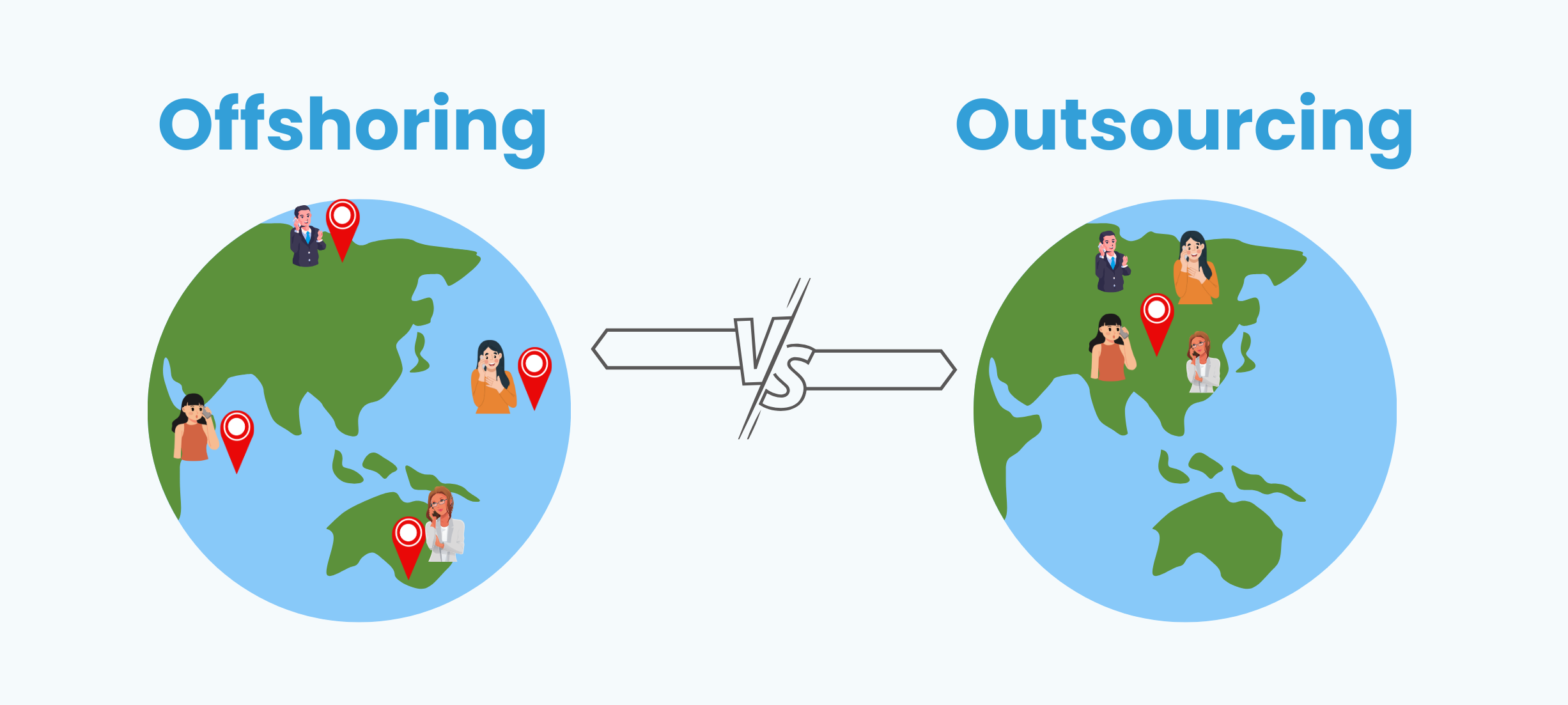Managing your cash flow should be one of the main things small business owners focus on. Mistakes in customer service or managing supplies are not good, but running out of cash means you can’t pay bills or your employees, which can really hurt your business.
Including cash management in your planning and budgeting can help avoid money problems and make sure you have enough money to pay your bills.
Let’s take a closer look at cash flow management and some important tips for doing it well in your small business.
What is cash flow?
Cash flow refers to the movement of money into and out of your business. This includes:
- Transactions involving investments, such as buying or selling assets.
- Financial interactions between your business and its stakeholders, including owners, investors, and creditors.
Sales, accounts receivable, and accounts payable are pivotal in managing cash flow for small businesses. Without customers purchasing your products or services, regardless of initial capital, loans, or investor support, your business will struggle to survive.”
Here’s a breakdown of why these three elements are crucial for cash flow management:
- Sales: This represents the money coming into your business through customer purchases. It’s the lifeblood of any business.
- Accounts receivable: This refers to the money owed to your business by customers who haven’t paid their invoices yet. While sales reflect the potential income, accounts receivable represent the outstanding amount that needs to be collected.
- Accounts payable: This refers to the money your business owes to vendors or suppliers for goods or services purchased on credit. Managing accounts payable effectively ensures you have enough cash flow to meet your own financial obligations without creating disruptions.
It’s crucial to differentiate cash flow from profit. Profit is what remains after covering all business expenses at the end of a period, whereas cash flow represents the actual liquid funds entering and exiting your business.
Types of cash flow
1. Cash flows from operations (CFFO): This category focuses on the cash generated by a company’s core business activities. It’s essentially the lifeblood of a business, reflecting its ability to turn sales into actual cash.
- Inflows: This includes cash received from selling products or services (revenue), customer collections on accounts receivable, and any interest earned on short-term investments.
- Outflows: This includes cash paid for expenses like manufacturing costs, salaries and wages, rent, utilities, and payments to suppliers for materials or services.
2. Cash flows from investing activities (CFI): This category tracks the cash used to acquire or dispose of long-term assets like property, plant, and equipment (PP&E), as well as investments in other companies.
- Outflows: This includes cash spent on purchasing new equipment, buildings, or land. It also includes cash paid for acquiring stocks or bonds of other companies.
- Inflows: This includes cash received from selling any long-term assets, such as old machinery or buildings, or from collecting on the maturity of investments.
3. Cash flows from financing activities (CFF): This category deals with how a company raises cash through debt or equity financing, and how it distributes cash to its owners.
- Inflows: This includes cash received from issuing new stock (equity financing) or borrowing money through loans or bonds (debt financing).
- Outflows: This includes cash used to repay loans or bonds, and cash paid out to shareholders as dividends.
By analyzing these categories, investors and analysts can gain valuable insights into a company’s financial health and its ability to generate cash to support its operations, growth, and debt obligations.
Example of Cash Flow
Consider a small retail business:
- Operating cash flow: The business earns $100,000 from sales and pays $70,000 in expenses, resulting in a net operating cash flow of $30,000.
- Investing cash flow: The business purchases new equipment for $10,000.
- Financing cash flow: The business takes out a loan for $15,000 and repays $5,000 on an existing loan.
The net cash flow for the period would be the sum of these activities: 30,000(OCF)−10,000(ICF)+15,000(FCF)−5,000(FCF)=30,000
What is cash flow management?
Cash flow management is the process of monitoring, analyzing, and optimizing the cash inflows and outflows to ensure a company can meet its financial obligations and maintain financial stability. Effective cash flow management involves strategies to accelerate cash inflows, delay cash outflows, and optimize the balance of cash on hand.
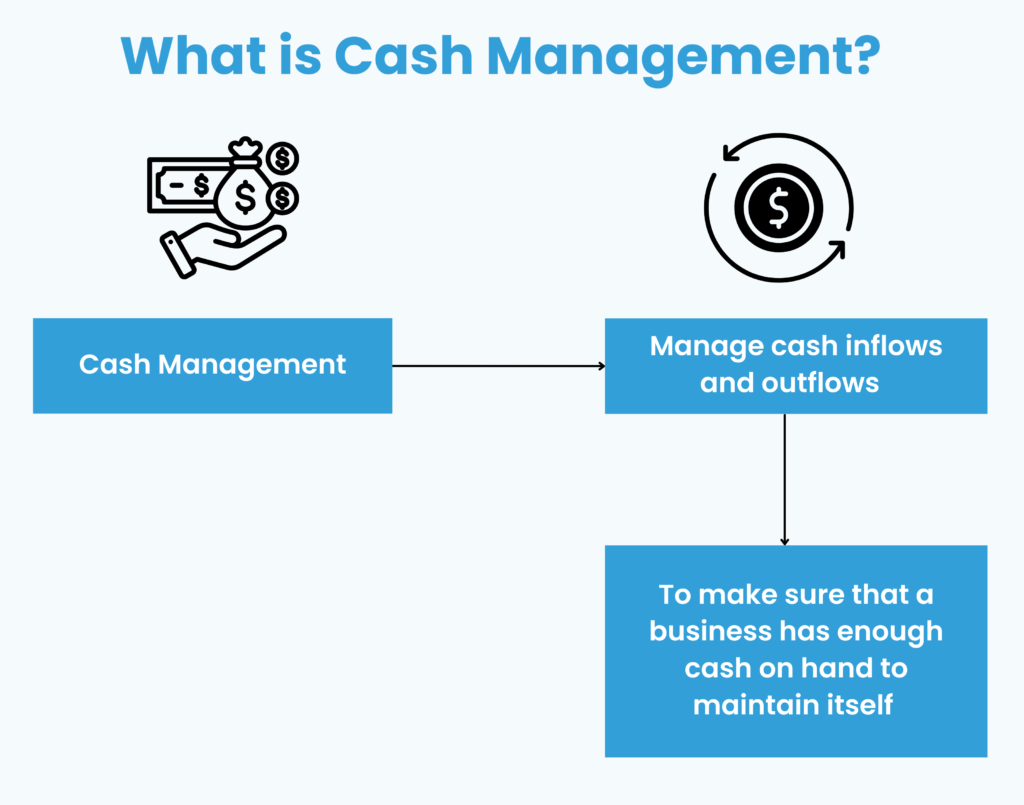
Example of cash flow management
Using the same small retail business, cash flow management might involve:
- Accelerating cash inflows: Offering discounts for early payments from customers to ensure quicker cash inflows.
- Delaying cash outflows: Negotiating longer payment terms with suppliers to retain cash longer.
- Optimizing cash reserves: Maintaining an adequate cash reserve to cover unexpected expenses without disrupting operations.
In above example
- The business could offer a 2% discount to customers who pay their invoices within 10 days, accelerating the receipt of $50,000 of their sales revenue.
- They might negotiate with suppliers to extend payment terms from 30 to 60 days, delaying a $20,000 payment.
- By improving cash flow management, the business maintains a more stable cash flow, ensuring they have enough liquidity to cover a surprise repair cost of $5,000 without needing additional financing.
Why cash flow management is important?
Imagine this: you’re facing a sudden business hurdle. A key customer unexpectedly stops ordering, or your delivery truck breaks down. Without a steady flow of cash, these situations can quickly turn into roadblocks. This is where cash flow management becomes your secret weapon.
Here’s how it empowers your business:
- Be ready for anything: Unexpected expenses are a reality in business. Strong cash flow management prepares you for these bumps in the road. Whether it’s a repair or a customer shortfall, you’ll have the resources to handle it without derailing your operations.
- Take control of your business: Understanding your cash flow gives you a clear picture of your financial health. You can make informed decisions about spending, hiring, and investments, ensuring your business operates efficiently and grows strategically.
- Open doors to opportunities: Positive cash flow allows you to seize opportunities as they arise. Maybe a supplier offers a limited-time discount, or a new marketing channel emerges. Having readily available cash empowers you to act quickly and propel your business forward.
- Impress the financiers: A strong track record of managing cash flow translates to a higher credit score. This opens doors to better loan terms, lower interest rates, and increased access to capital when you need it most.
- Fuel your growth: A steady flow of cash allows you to reinvest profits back into your business. This can mean expanding your product line, entering new markets, or hiring additional staff. Cash flow management becomes the fuel for your business growth.
By actively managing your cash flow, you gain the resilience to overcome challenges, seize opportunities, and ultimately achieve your financial goals. It’s not just about keeping the lights on, it’s about giving your business the power to thrive.
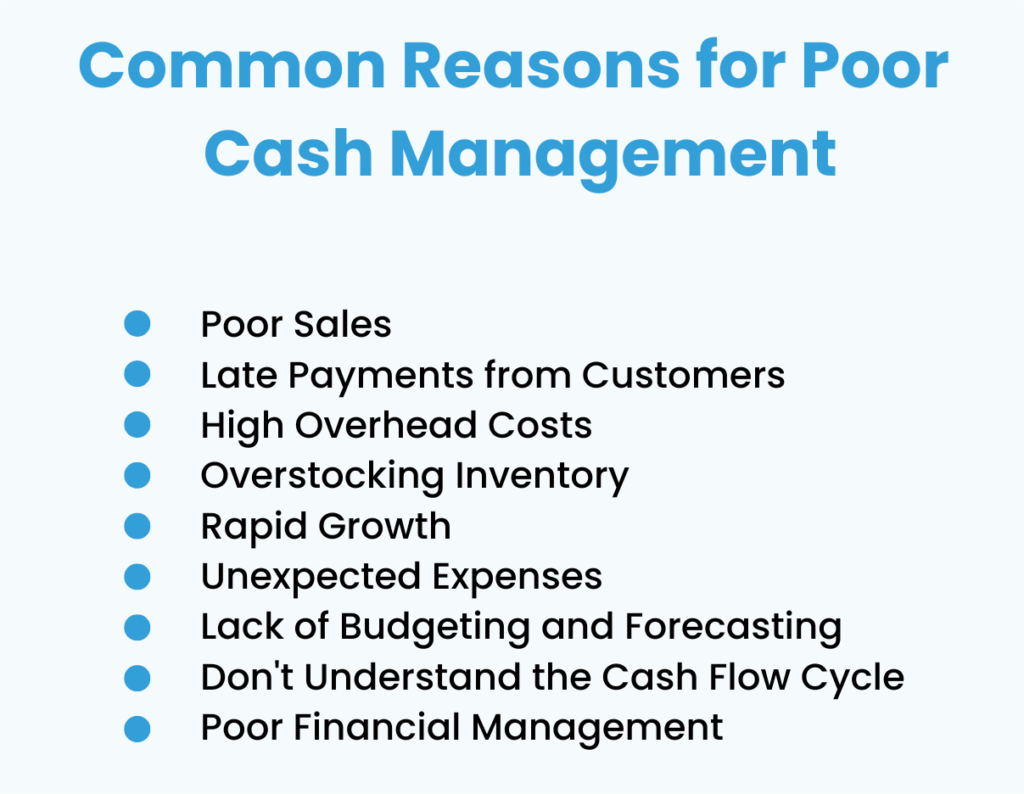
Bottom line
Feeling lost in a sea of invoices and worried about keeping your business afloat? Bookkeeperlive, your one-stop accounting and bookkeeping service, can be your life raft! You can easily connect with our expert bookkeepers, and we will transform data into actionable insights. We’ll streamline your record-keeping, forecast cash flow with pinpoint accuracy, and identify areas to optimize your finances. With Bookkeeperlive by your side, you’ll gain the peace of mind that comes with knowing your cash flow is under control, allowing you to focus on what you do best – running your business!
FAQs
- Are there tax implications for cash flow management?
Consult your tax advisor on how your specific business structure and cash flow strategies might impact your taxes. For instance, there may be tax breaks for certain types of business expense
- How often should I review my cash flow?
The frequency depends on your business. Weekly is ideal, but bi-weekly or monthly might be sufficient for stable businesses.
- What are some signs of poor cash flow?
Struggling to pay bills on time, relying heavily on credit cards, or having to delay payments to suppliers are all red flags.
- How can I improve my cash flow forecasting?
Factor in seasonal trends, consider potential disruptions (e.g., supply chain issues), and build in buffers for unexpected costs.
- What are some safe ways to increase my cash reserves?
Explore high-yield savings accounts or money market accounts for a balance of security and some return on investment.
- Should If fear going into debt to improve cash flow?
Debt can be a tool, but use it cautiously. Only borrow what you can confidently repay based on your projected cash flow.

